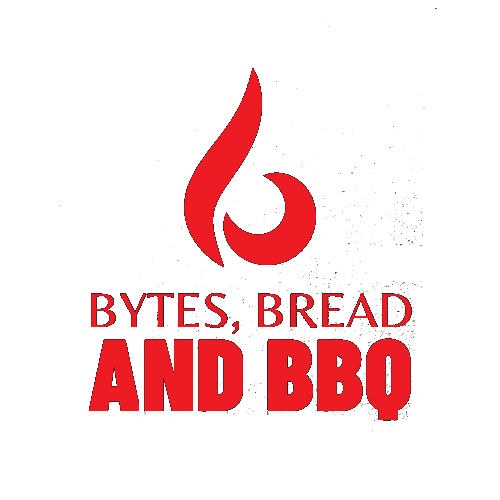It’s Friday night at the Terminal Tavern, and three software packages walk in: Snap, Flatpak, and AppImage.
The bartender, a grizzled old sysadmin named Root, looks up and groans. “Oh no,” he mutters, “not you three again.”
They each take a seat, and the argument begins — as it always does — about who’s the future of Linux software packaging.
Snap: The Corporate Cousin
Snap sits down first, smooths his Canonical-branded polo shirt, and orders a fancy IPA.
“Listen,” he says, “I’m the package of the future. Universal. Secure. Auto-updating. Straight from Ubuntu HQ.”
Flatpak rolls his eyes. “You mean auto-updating whether users want it or not. You’re like that cousin who reorganizes someone else’s fridge.”
Snap sips his IPA smugly. “Security and consistency, my friend. Sandbox everything. Keep it neat and tidy.”
From behind the bar, Root mutters, “Yeah, neat until you take five minutes to start a calculator.”
From the corner booth, a voice chimes in: “That’s why I just use AUR.”
Everyone turns to see an Arch Linux user, sipping black coffee from a terminal-green mug. “Why install prepackaged anything when I can compile it myself from a script written by some guy named 0xDeadBeef?”
Root shakes his head. “Here we go again.”
Flatpak: The Open-Source Hipster
Flatpak adjusts his beanie, sips a locally sourced kombucha, and says, “I’m more community-driven. Built by the people, for the people. We use portals, man. Portals are cool.”
Snap raises an eyebrow. “You’re just as bloated as me.”
“Am not,” Flatpak fires back. “I let apps come from multiple sources — not just some corporate repo. I’m decentralized. Like a craft beer festival where everyone brings their own keg.”
Root interrupts, “And every one of those kegs weighs two gigs.”
The Arch user leans back. “Two gigs? Sounds cute. I just built my own version from the AUR—it only took six hours and three failed dependencies.”
Flatpak sighs. “That’s not a flex, man.”
AppImage: The Old-School Drifter
Then AppImage strolls in, cowboy hat tilted low, carrying a single binary under one arm.
“No installs, no dependencies,” he drawls. “Just download me, make me executable, and I ride.”
Snap and Flatpak stare. “That’s… reckless.”
AppImage shrugs. “Maybe. But I don’t need your fancy sandboxes or auto-updates. I’m portable. I live free. Sometimes I even run from a USB stick, out in the wild.”
Root nods approvingly. “I like this guy. Doesn’t touch the filesystem.”
The Arch user tips his hat. “Respect. You’re like the cowboy version of the AUR—lawless, effective, and occasionally explodes.”
AppImage grins. “I’ll take it.”
The Real Problem
By now the whole bar’s listening: .debs, .rpms, and even a few tired tarballs.
They’ve all heard this argument before — every distro wants a “universal” package format, but no one can agree on what that actually means.
Each format has its fans:
- Snap: Tight sandboxing, centralized control, but sometimes sluggish and heavy-handed.
- Flatpak: More flexible, community-based, but prone to redundancy and bloat.
- AppImage: Lightweight and portable, but lacks automatic updates or strong security.
- AUR (Arch User Repository): The chaotic neutral hero — works brilliantly until it doesn’t, then teaches you humility and dependency management at 3 A.M.
It’s the Linux way — four brilliant solutions, none of them perfect, all of them passionately defended on Reddit at 2 A.M.
The Moral of the Story
Root wipes down the counter and sighs. “You kids keep arguing,” he says. “I’ll be over here installing from source like a real masochist.”
The Arch user raises his mug. “Already did that this morning.”
And with that, the packages raise their glasses in reluctant unity. Because while they may never agree, they all share one noble mission:
Making Linux software installation just a little less confusing than it was in 1998.






